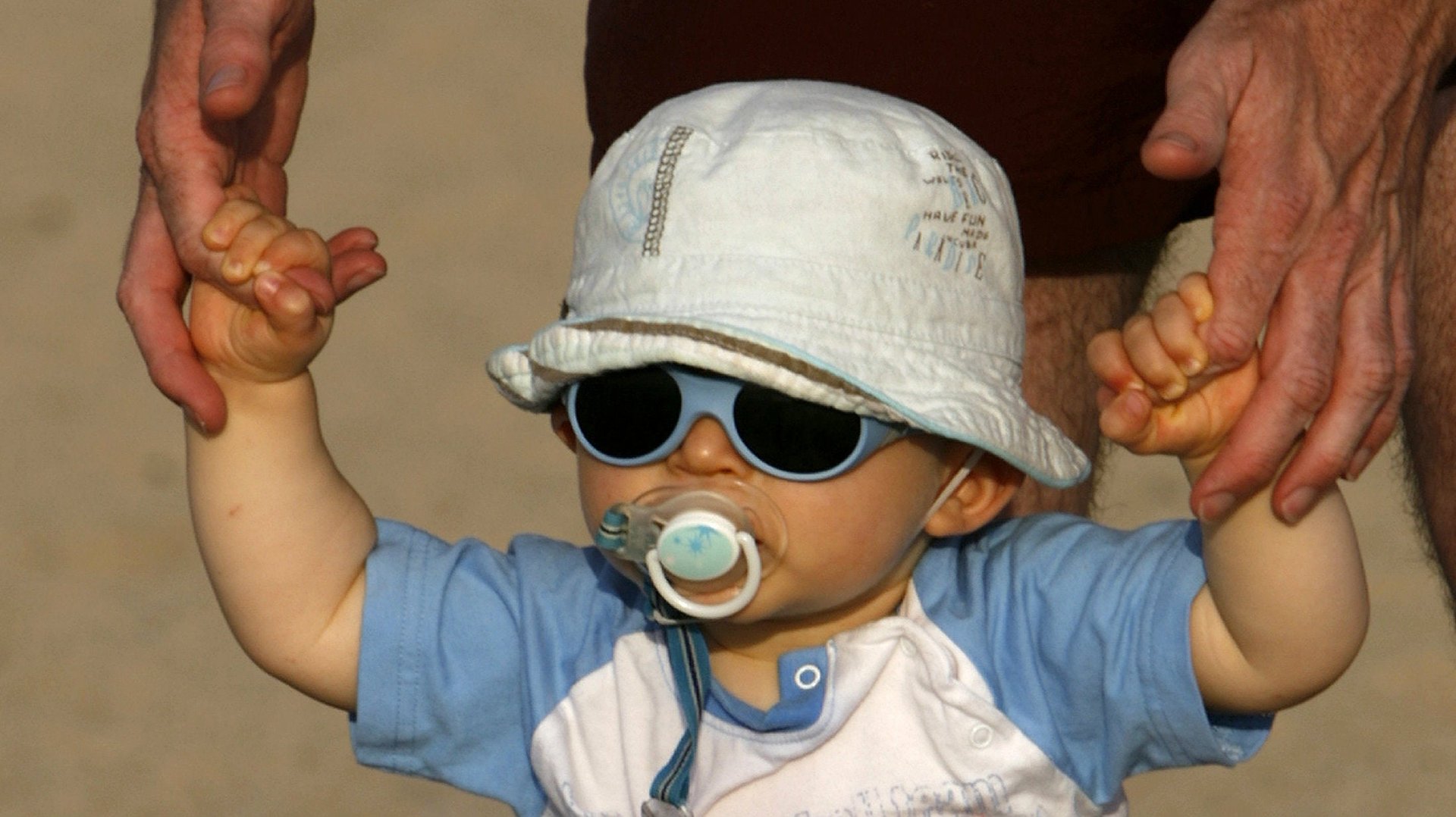New research confirms it: the smaller the family, the better off the kids
Only children are neurotic, anti-social, and over-achieving. Kids from large families are well-adjusted, charismatic, and easy-going.


Only children are neurotic, anti-social, and over-achieving. Kids from large families are well-adjusted, charismatic, and easy-going.
Or not.
New research shows that as families grow, kids suffer: with less parental investment, kids’ cognitive abilities decrease and behavioral issues arise. The problems, the researchers found, are not temporary; the impact lasts a long time.
The paper, published by the National Bureau of Economic Research, traces 26 years of data on parents and children. It adds to a large body of research, kicked off in 1960 by Nobel-prize willing economist Gary Becker, looking at the trade-offs between the quantity of children in a family and the so-called “quality” of those children. Do kids from smaller families earn more? Do more kids mean each one ends up less educated, or potentially more delinquent?
“Not only do we fail to find evidence that the impact is transitory, effects appear to substantially worsen over the longer run,” the researchers write. “Test scores and parental investments are both worse over the longer horizon than in the short run. Only in behavioral problems do we find that the effects may dissipate over the longer run.”
The effects materialize differently for boys and girls. When younger siblings come along, girls’ cognitive abilities suffer; when boys have younger siblings, their behavior worsens (but their cognitive abilities remain intact).
Previous research on the subject has been mixed. In Norway, the negative effects of large families were not so strong. In rural China, they were. Economists wonder whether that is because Norway has a strong social safety net, which mitigates the effect of decreased parental involvement.
The three economists behind the research, Chinhui Juhn, Yona Rubinstein, and C. Andrew Zuppann, used data from the US National Longitudinal Survey of Youth 1979. It was a rich trove of information: Did the arrival of a new baby lead to reading to the other kids less? Fewer books in the house? Less affection?
They found each additional child resulted in less time for the others, resulting in lower scores on reading and math tests and more behavioral issues, such as anxiety, dependence, hyperactivity, and social problems.
The trio also explored what kinds of families suffered the most from adding kids. They found that kids in families whose mothers had lower aptitudes scores (as measured by the Armed Force Qualification Test) suffered more than those with mothers with above-average scores, who were relatively unaffected. With behavioral problems, the effects were the opposite: the children of higher-scoring mothers were more likely to act up when younger siblings arrived on the scene.
So much for trying to keep up with the Jolie-Pitts.